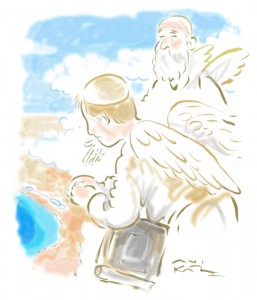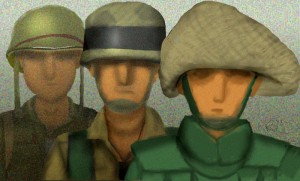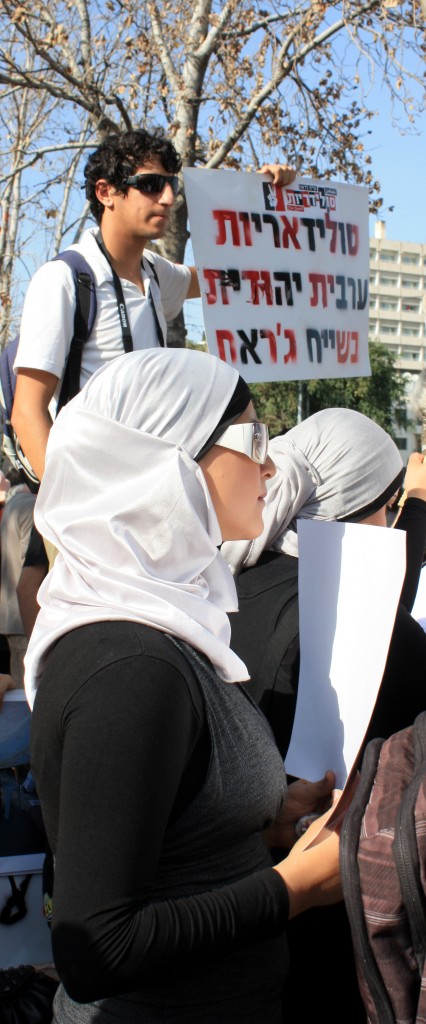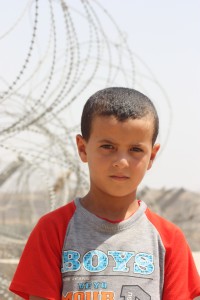Poor Thomas Kuhn . Superzionist, a.k.a. Yoram Hazony, author of the quirky The Jewish State: The Struggle for Israel’s Soul, has drafted the author of the seminal but flawed classic of the philosophy of science, The Structure of Scientific Revolutions, to explain why everyone hates Israel.
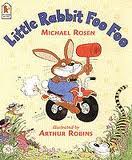 I’m late in getting to Hazony’s essay, Israel Through European Eyes which he e-mailed to his fans last July 14. But it just reached me, through a series of forwards long enough to man every team in the World Cup. Like all of Hazony’s writing, it displays great erudition, has lots of footnotes, and makes some obvious points while parsing them all wrong.
I’m late in getting to Hazony’s essay, Israel Through European Eyes which he e-mailed to his fans last July 14. But it just reached me, through a series of forwards long enough to man every team in the World Cup. Like all of Hazony’s writing, it displays great erudition, has lots of footnotes, and makes some obvious points while parsing them all wrong.
Behind the excess philosophical baggage, Hazony says something that has been said before—that the antipathy that Europe, and especially Europe’s political left, displays toward Israel is deeply rooted in the Holocaust. Hazony correctly notes that Zionism and the European left learned two disparate lessons from Hitler’s genocidal program. Zionism claimed that no one would defend the Jews if they did not defend themselves, while the Europe emerged from World War II horrified at the death and destruction wrought by chauvinistic nationalism and concluded that national feelings were too dangerous to be left to politics.
The Zionists established a Jewish state, while the Europeans sought to create a pan-European political framework that would make it difficult for the fanatics of any one European nation (but those of Germany in particular) to persecute outsiders and to seek to impose hegemony on the entire continent. So we have Israel, and we have the European Union.
But Hazony can’t just say that.
